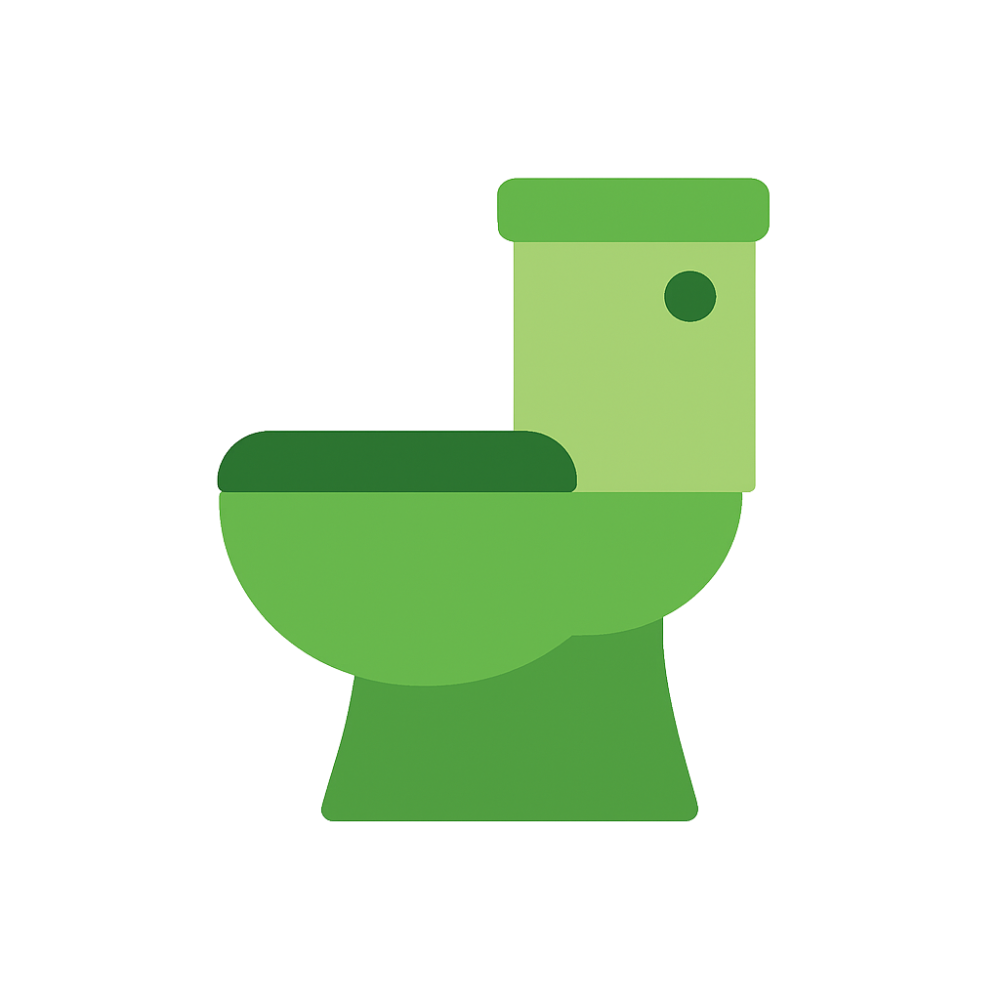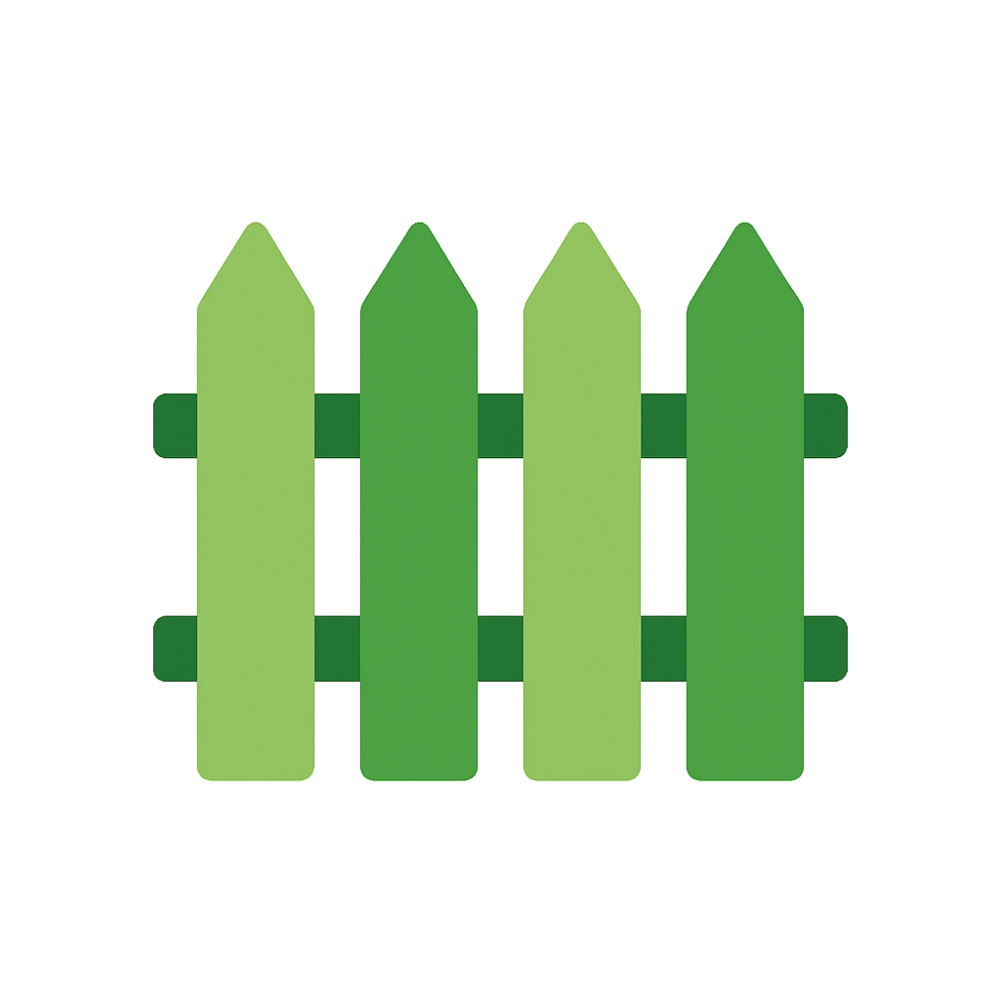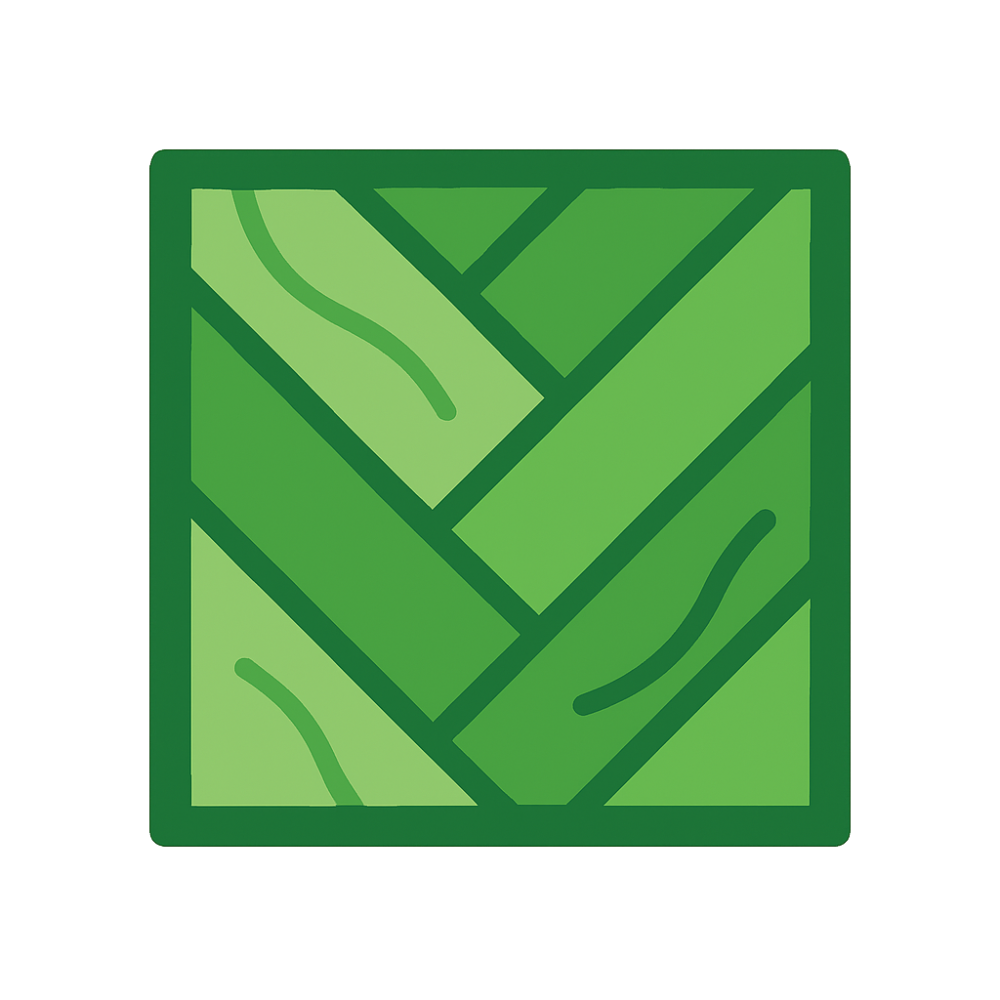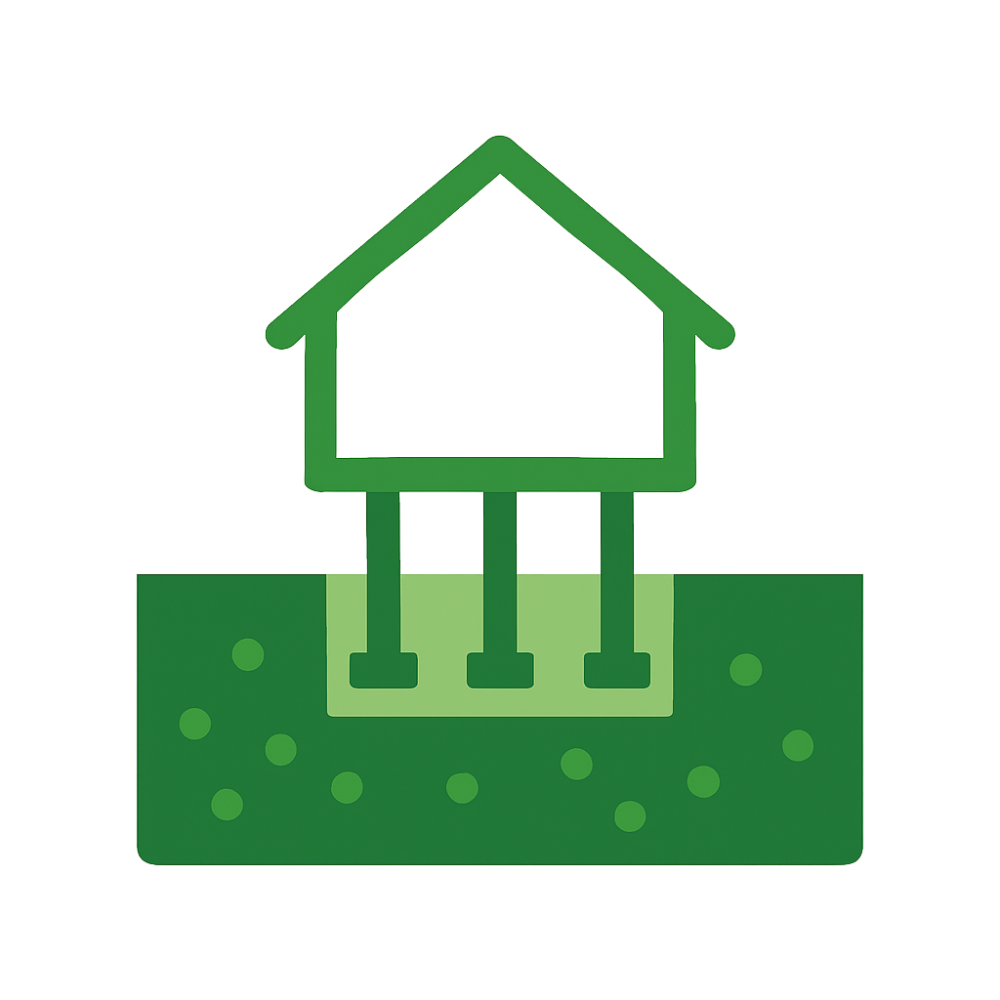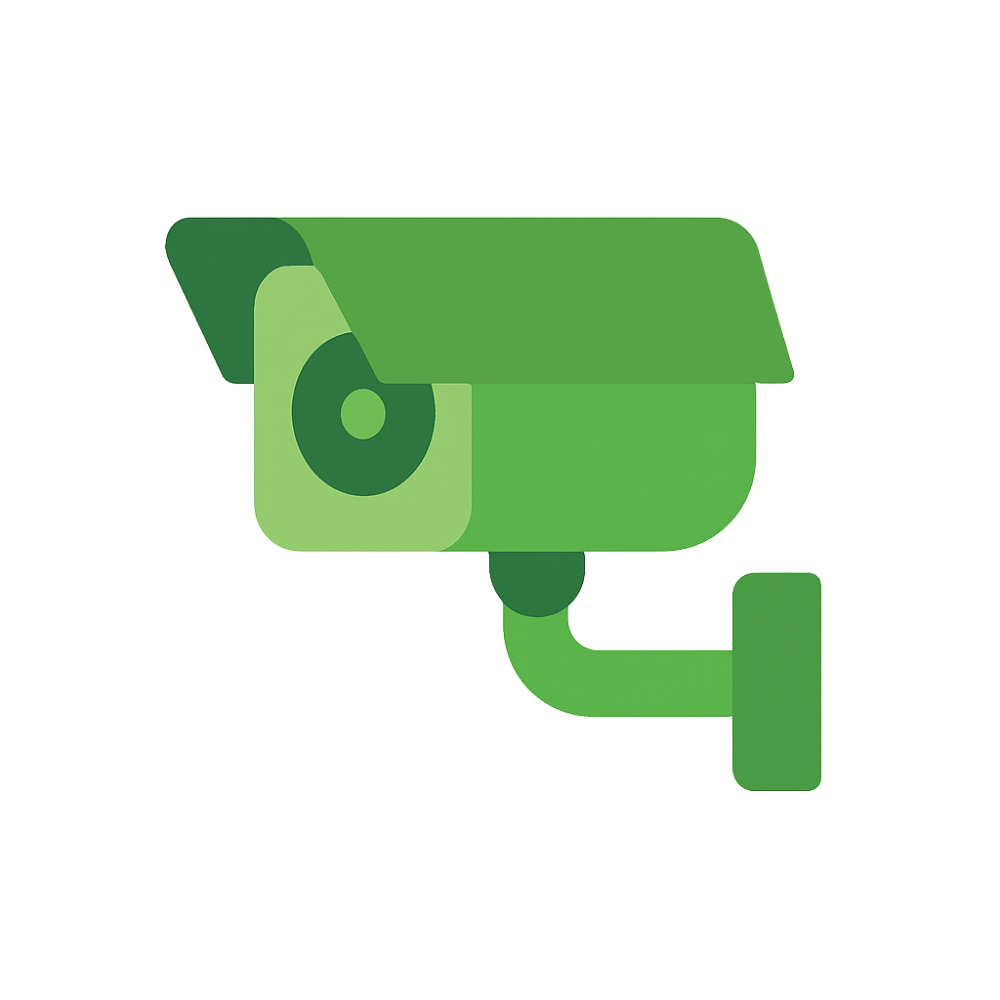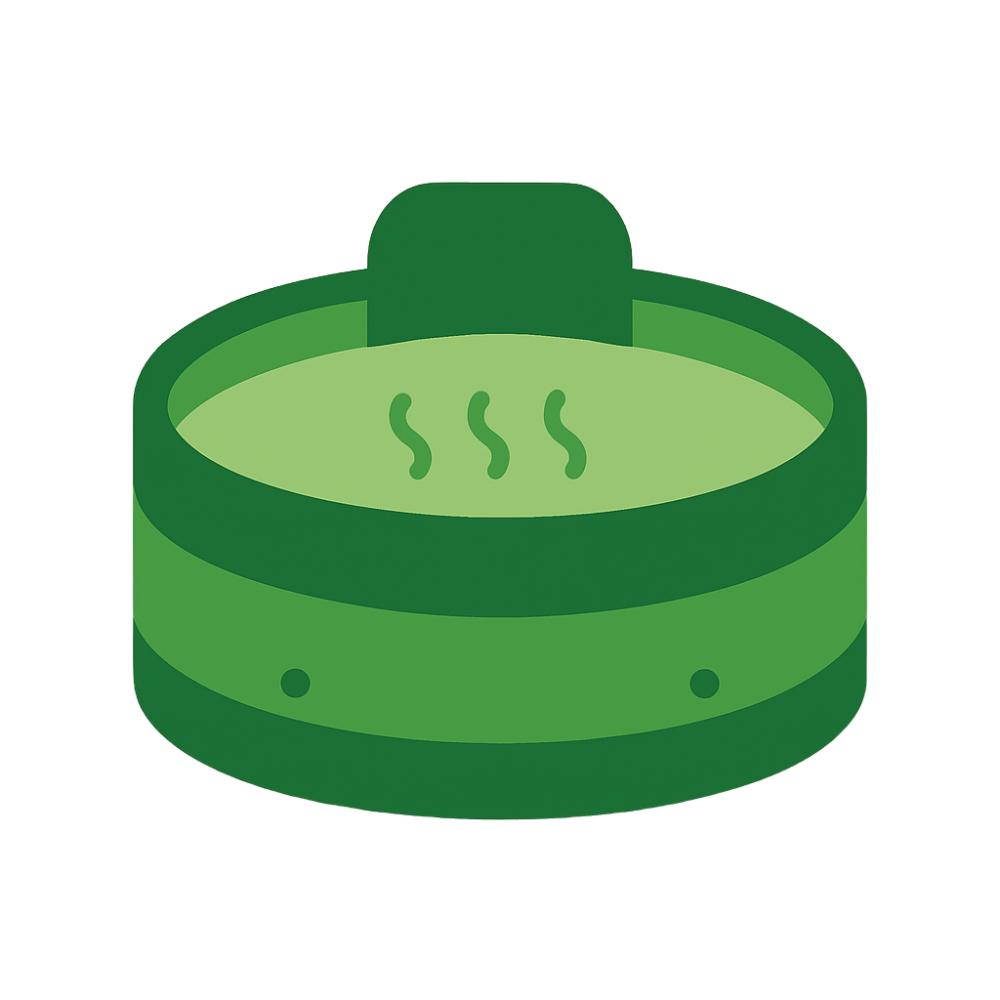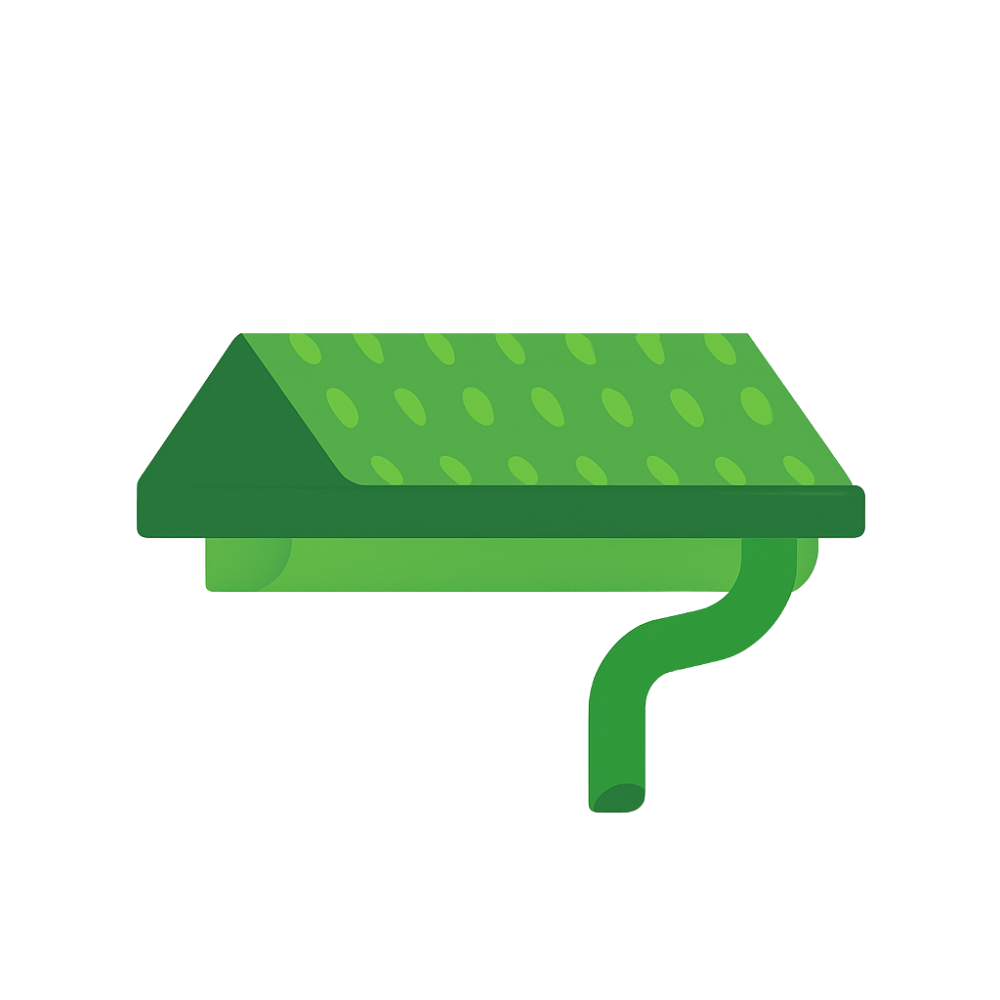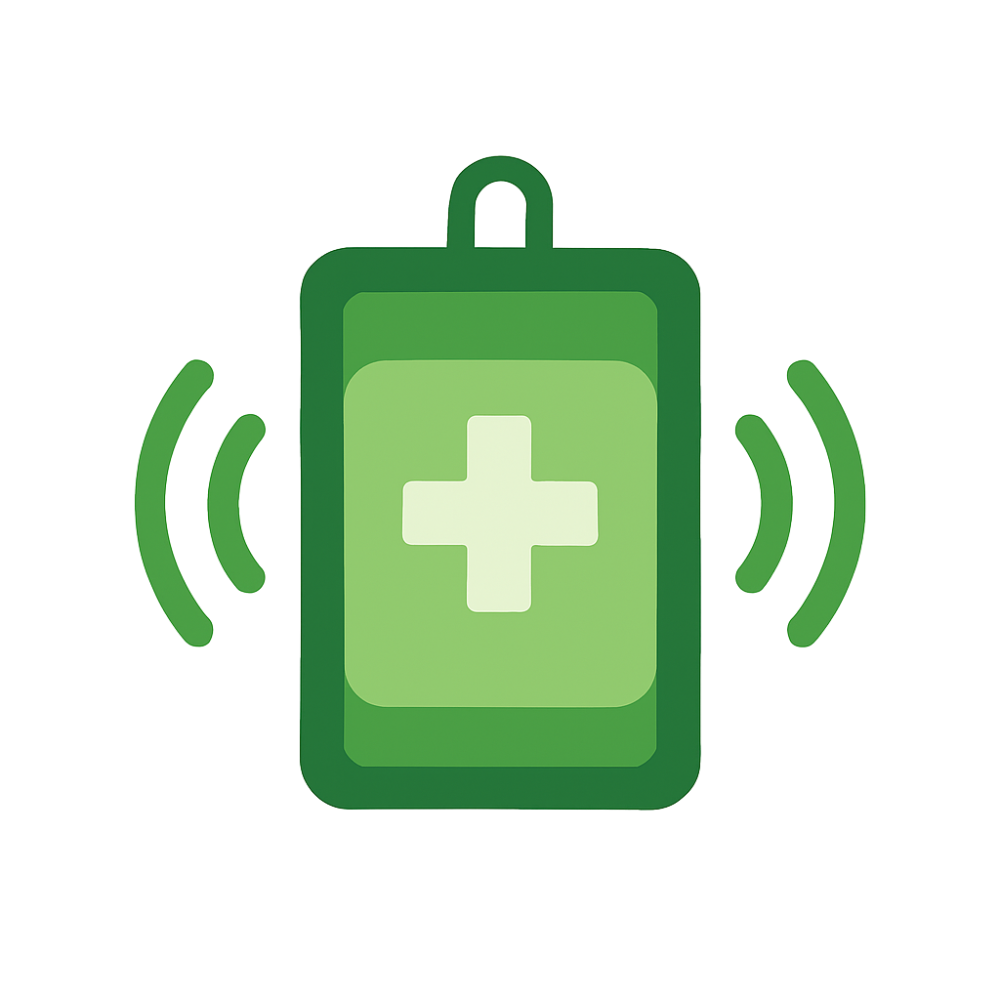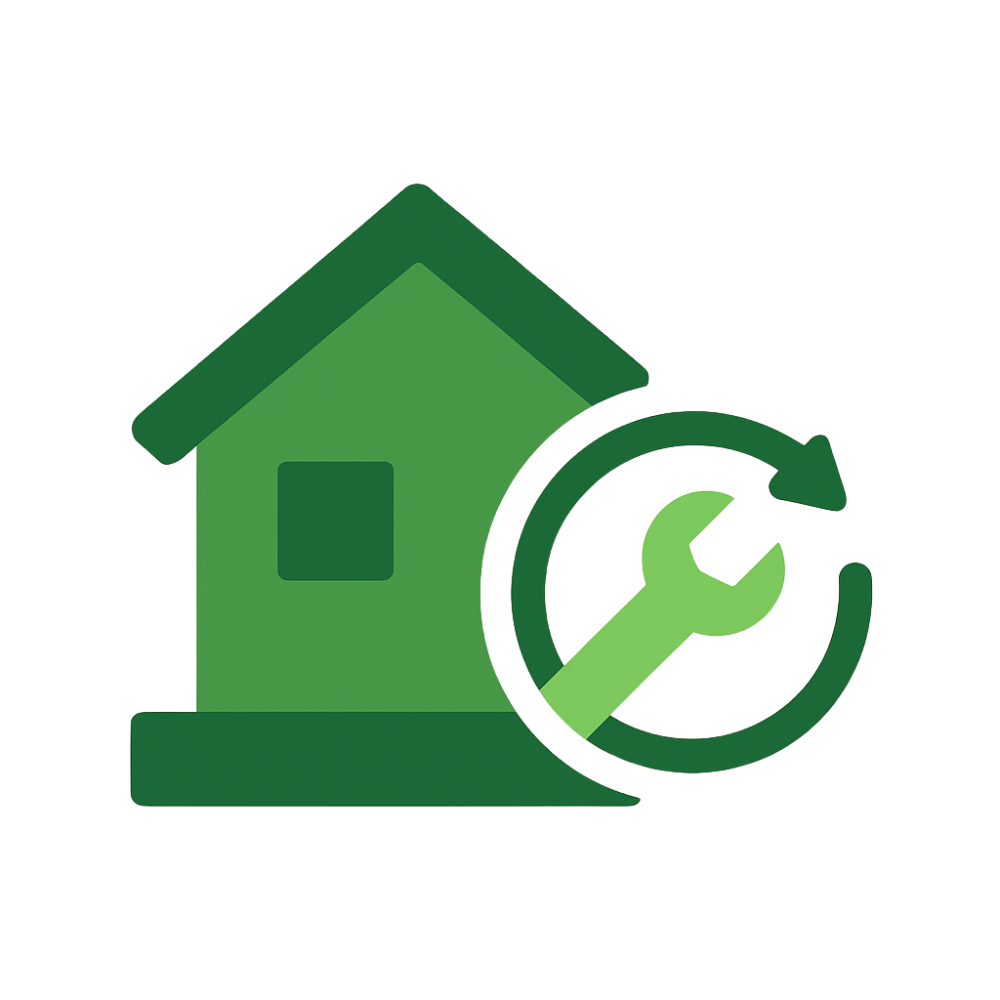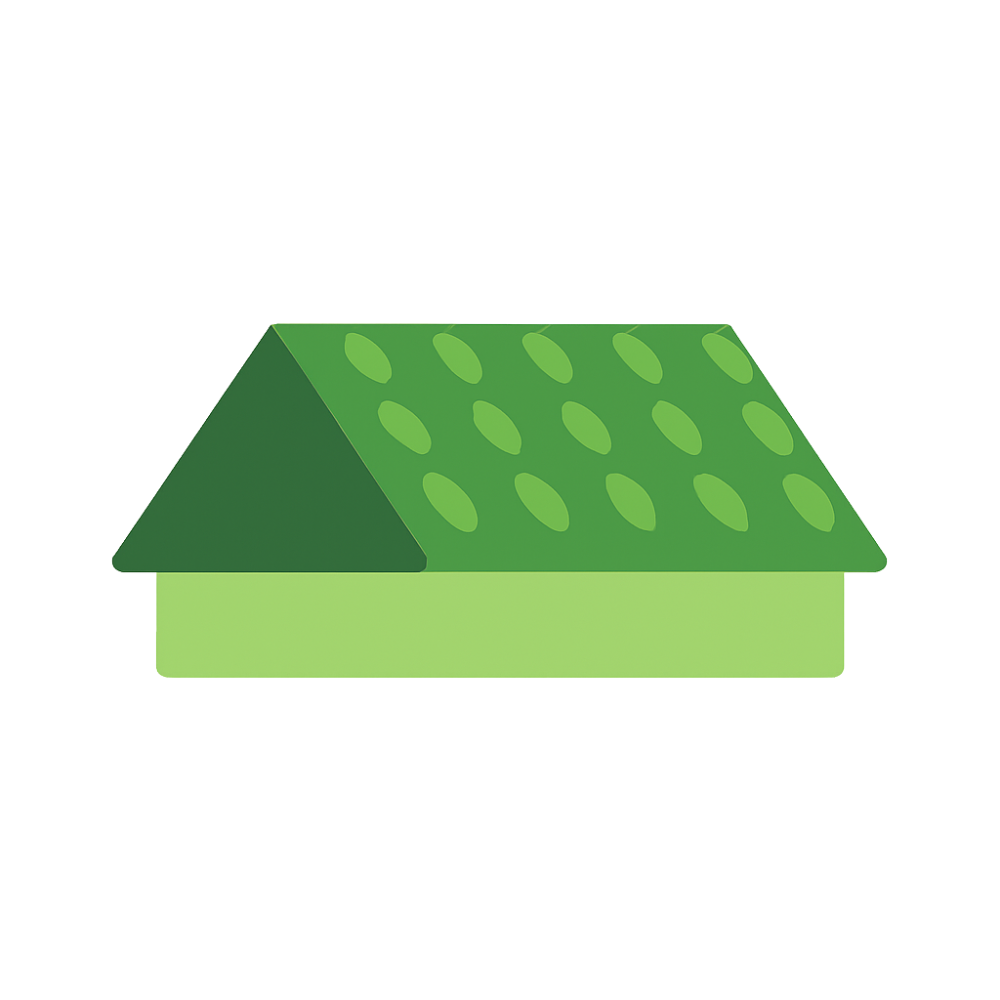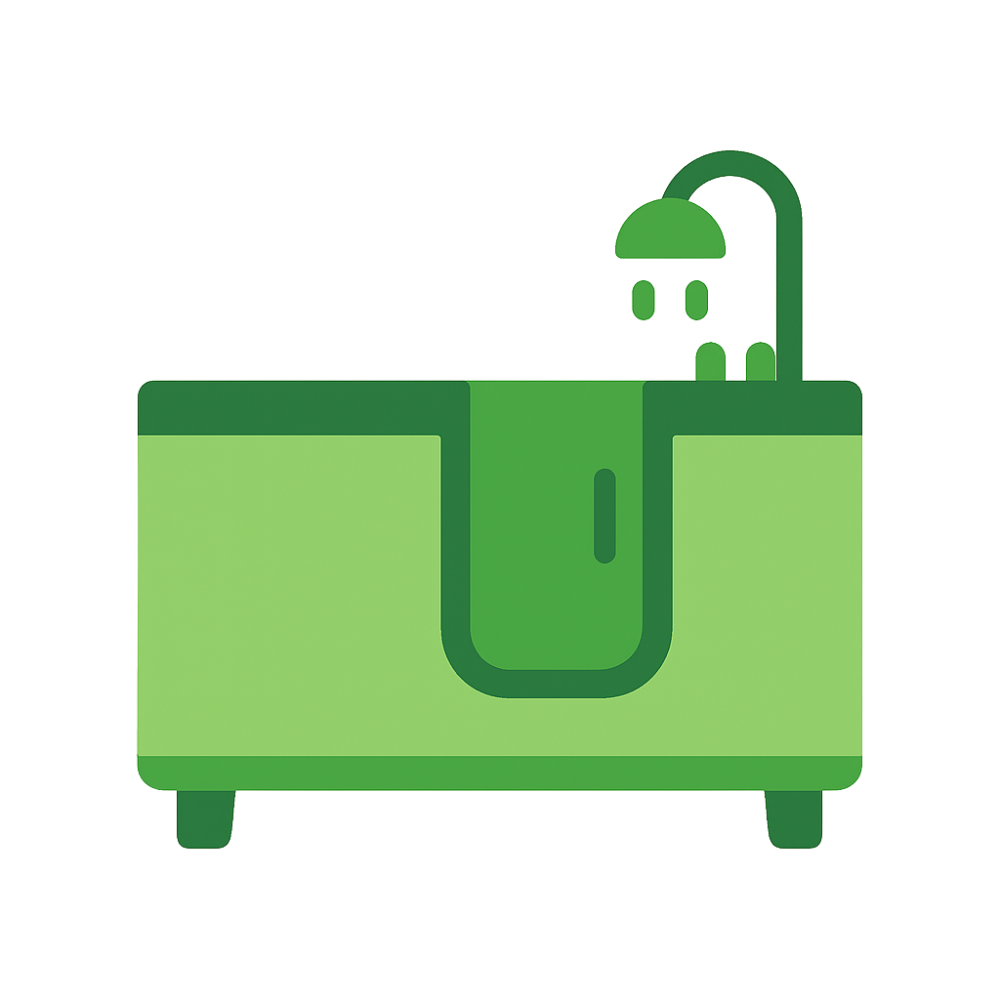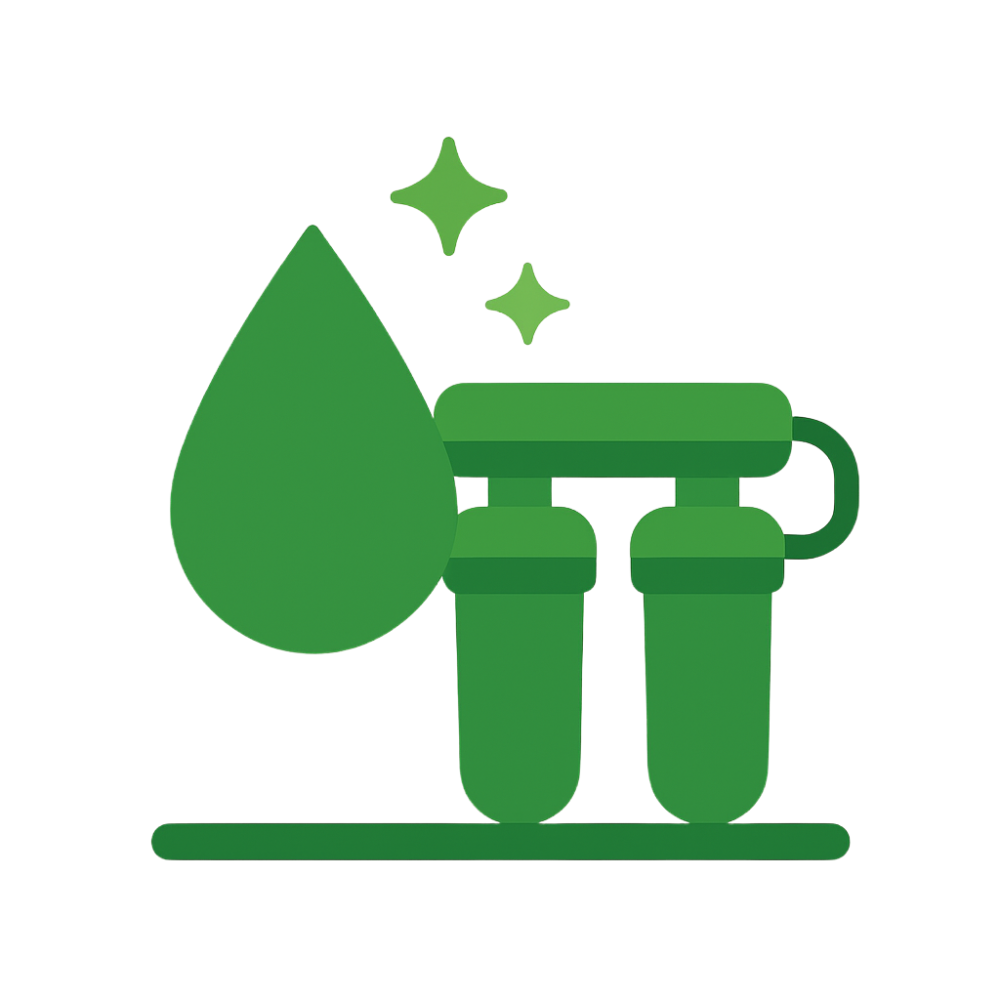Essential Chinch bug Information


Types of Chinch bugs
Chinch bugs are small, destructive insects that primarily target turfgrass, especially during hot and dry weather. While there are several species, only a few are major pests in lawns and landscapes. Here are the most common types of chinch bugs found in North America:
1. Southern Chinch Bug (Blissus insularis)
This is the most widespread and damaging species, especially common in the southern United States. It primarily infests St. Augustinegrass, sucking the plant juices and injecting toxins that cause yellowing and eventual death of the grass.
2. Hairy Chinch Bug (Blissus leucopterus hirtus)
Found in the northern U.S. and Canada, this species prefers cool-season grasses like Kentucky bluegrass, fescues, and ryegrass. Damage typically appears in sunny areas and worsens in drought conditions.
3. Common Chinch Bug (Blissus leucopterus leucopterus)
Similar to the hairy chinch bug but with a slightly broader range, the common chinch bug affects several types of turf and pasture grasses and is also a pest of small grains like wheat and corn.
4. Western Chinch Bug (Blissus occiduus)
Primarily found in the Midwest and western states, this type targets buffalograss, bermudagrass, and other warm-season grasses. It's less common but can cause significant damage when populations build up.
Each type of chinch bug has unique habitat preferences, but all are known for their piercing-sucking mouthparts and the ability to destroy entire patches of grass quickly if not addressed. Early detection and targeted treatment are essential to protect your lawn.
